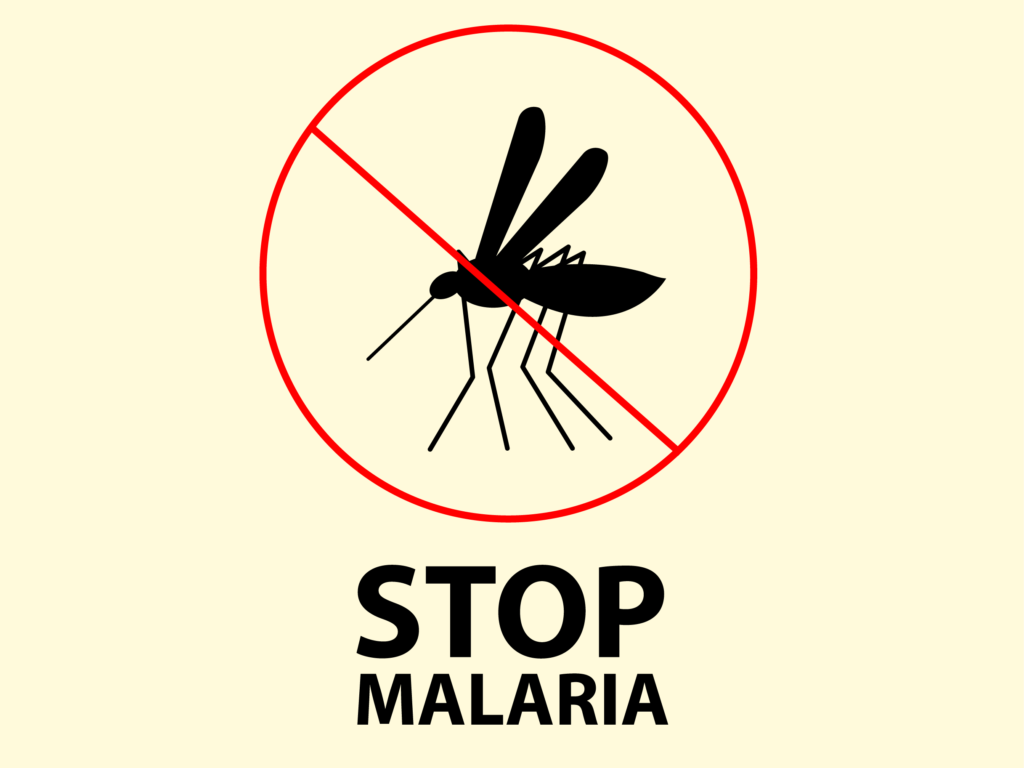 Leaders of the 53 commonwealth countries have committed to halving the number of cases of malaria in their countries by 2023.
Leaders of the 53 commonwealth countries have committed to halving the number of cases of malaria in their countries by 2023.
If achieved, this will result in 650,000 lives saved and prevent 350 million cases of malaria.
The announcement was made at the Malaria Summit London, held during the Commonwealth Heads of Government Meeting, where £2.9 billion ($4.1 billion) was pledged to tackle the disease. Co-hosted by the Governments of Rwanda, Swaziland and the United Kingdom, key speakers included His Royal Highness the Prince of Wales, Bill Gates, and the Director General of the World Health Organization, Dr Tedros Adhanom Ghebreyesus.
Delegates were made up of leaders from 19 Commonwealth countries, scientists, heads of business and civil society advocates.
Leaders also urged that efforts should be accelerated to reduce malaria globally by 90% by 2030.
Malaria affects 90% of citizens living in commonwealth countries and accounts for half of all global cases and deaths from malaria. In 2016, 46% of global malaria deaths occurred in eight Commonwealth countries, half of which were in Nigeria.
Speaking after the summit, Charles Nelson, chief executive of Malaria Consortium, said:
“The commitments announced today represent an important step towards mobilising the resources we need to drive progress against malaria.
“As well as increasing investments for malaria, both across the Commonwealth and beyond, we also need a smarter, more targeted approach to how we fight the disease. By investing in disease surveillance systems and strengthening the collection, analysis and use of data, malaria interventions can be more targeted, outbreak responses can be more rapid, and as a result, the impact of our work can be much greater.”
Our Malaria research
COMDIS-HSD has been involved in a number of malaria projects in commonwealth countries.
Our study with the Centre for Global Health Research in Ghana looked at the use of Intermittent Preventative Treatment in children in an area with a long malaria transmission season, and evaluated the use of a longer acting antimalarial for treatment as a means of chemoprevention.
It revealed convenient access to seasonal malaria chemoprevention (SMC) drugs, including door-to-door delivery by trusted community health workers, makes SMC more acceptable to caregivers and leads to better adherence. By extending SMC from the usual 3 months to 5 months, it can significantly reduce the burden of malaria in areas with longer rainy seasons.
Read our research brief on extended seasonal malaria chemoprevention in Ghana.
Watch our video brief on seasonal malaria chemoprevention in children under 5 years.
Working with Malaria Consortium, our study in Uganda aimed to increase the uptake of intermittent preventive treatment for malaria in pregnancy (IPTp).
It revealed that text messaging improved health worker knowledge of IPTp and increased IPTp coverage. As a result, the Ministry of Health in Uganda adopted a text messaging approach for health worker education and learning in its national malaria in pregnancy training strategy.
Read our research brief on introducing an mHealth pilot intervention in West Nile, Uganda.
As part of the same project, we identified barriers to two-dose intermittent preventive treatment (IPT2) in pregnancy in Uganda, offering a number of key recommendations, including the development of a job aid for health workers and the introduction of computerised recording and reporting systems at health facilities.
Read our research brief on assessing and addressing barriers to IPT2 uptake in Uganda.

